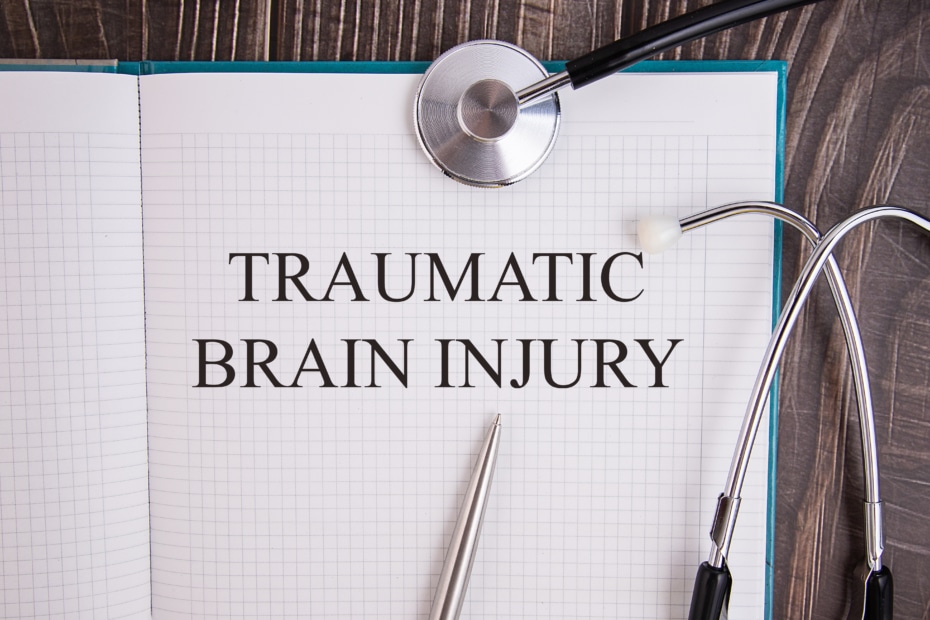Call Us At 519.672.5666
Insights & Articles
Common Pitfalls to Avoid When Litigating A Brain Injury Claim

Many personal injury and disability claims involve traumatic brain injuries.
In negligence or “tort” claims (for example, a claim against an at-fault driver), the plaintiff(s) (the injured person and/or their family members) must prove:
- That the defendant(s) is(are) liable; and
- That the incident caused the plaintiff(s) damages.
Claims for benefits are governed by the applicable insurance policy (for example: Accident Benefits through your auto insurer, short-term and long-term disability benefits through your employer). Because such claims arise from a contract, there is no need to prove fault, but some causes of injuries may not be covered under the policy. In claims of this nature, the person who is injured or disabled must prove that they meet the tests set out in the policy in order to be entitled to specific benefits.
It is very common that an injured plaintiff can and should pursue both types of claims. An experienced personal injury lawyer will be able to advise you on how the “tort” and “contract” claims interconnect and what compensation you may be entitled to in your particular circumstances.
In both tort and contract cases, the defendants are entitled to review medical and other relevant documentation pertaining to the person’s injury or condition. Documentation of the first medical attention the person sought after an accident will be important in determining the seriousness of the injury.
In the context of claims arising from traumatic brain injuries, some injuries are more obviously serious than others. Sometimes people are found by paramedics unconscious or with obvious head trauma. But sometimes brain injuries are not so obvious, and symptoms do not start right away. It is important to seek treatment if you feel injured. You should describe your symptoms and their history to your treatment provider as accurately as possible. Litigation can often take years, and symptoms can get worse over time, but it is important to not attempt to embellish on the symptoms you initially described when speaking to your own treatment providers or when being examined by adjusters, defence lawyers and medical experts. For example, if a person did not report a loss of consciousness after driving themselves to the emergency room following a car accident, then, two weeks later, reports to their family doctor that they lost consciousness for 10 minutes immediately following the accident, it would be hard to believe that the second story is true. While memory issues are a common symptom of a brain injury, inconsistencies and exaggeration in reports can call a person’s credibility into question.
The defendants will usually ask for medical documentation pre-dating the injury or onset of the condition in order to see if the person had any pre-existing complaints or conditions. This is relevant to determining the cause of the injury, condition or disability. For example, in the context of pursuing a claim for a traumatic brain injury, a history of drug or alcohol abuse may be used by the defendants to account for some symptoms alleged to be caused by a brain injury.
Defendants are also entitled to continue receiving updated medical documentation until the claim is resolved, in order to be apprised of the status of the injured person’s recovery or any other injuries or health conditions that may arise which would affect the person’s life and abilities. Knowing that your medical records will be made available to the defendants in your case, it is important, when speaking to your health care providers, to specifically describe the symptoms you are experiencing and to not exaggerate. Defendants may also conduct video surveillance of litigants, which can be valuable to the defence if it shows that the injured person is capable of more than they claim, or not experiencing the symptoms and limitations they have reported in the case.
Defendants also have the right (though limited) to have the injured person examined by independent medical assessor(s) of their choosing. The assessor will typically review all of the medical and other relevant documentation produced in the case (which may include surveillance), examine the person, and then prepare a report. Depending on the nature of your condition and the assessor’s area of expertise, you will be required to perform tests during the examination. The purpose of these tests is not only to determine your diagnosis, the severity of your symptoms, any limitations and restrictions you may have, any accommodations you may need as a result of your injury but, importantly in the context of litigation, to assess the validity of your efforts. As such, it is important to complete all of the tests to the best of your ability because, if the assessor concludes that your efforts were not valid, it will appear that you are trying to exaggerate the extent of your injuries.
Brain injuries are often referred to as “invisible injuries” because you may appear to be fine, but you are suffering from symptoms that are not apparent to most people. But they are frustrating. And the fact that you have to prove your injury may make you feel that people do not believe that you are suffering. However, it is important to know that efforts to exaggerate your symptoms will likely backfire and negatively impact the outcome of your claim.
Advocating for Your Legal Rights
Cases involving serious injuries require an experienced team that consists of both medical and legal professionals to ensure the injured person receives the treatment they need. Please contact a personal injury lawyer today for a free initial consultation by email or by phone at (519) 672-5666. In many cases, your legal fees are deferred until a settlement is reached. We welcome referrals from other lawyers.
This article was written by Personal Injury Lawyer Sarah Kirshin-Neilans.

